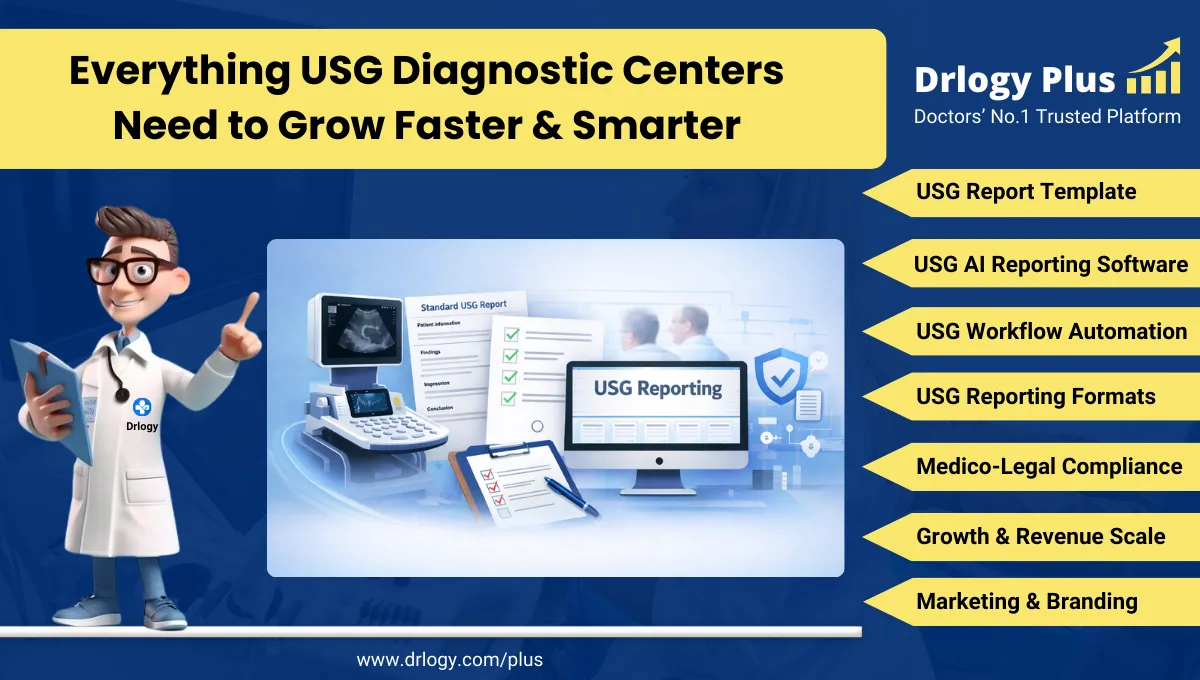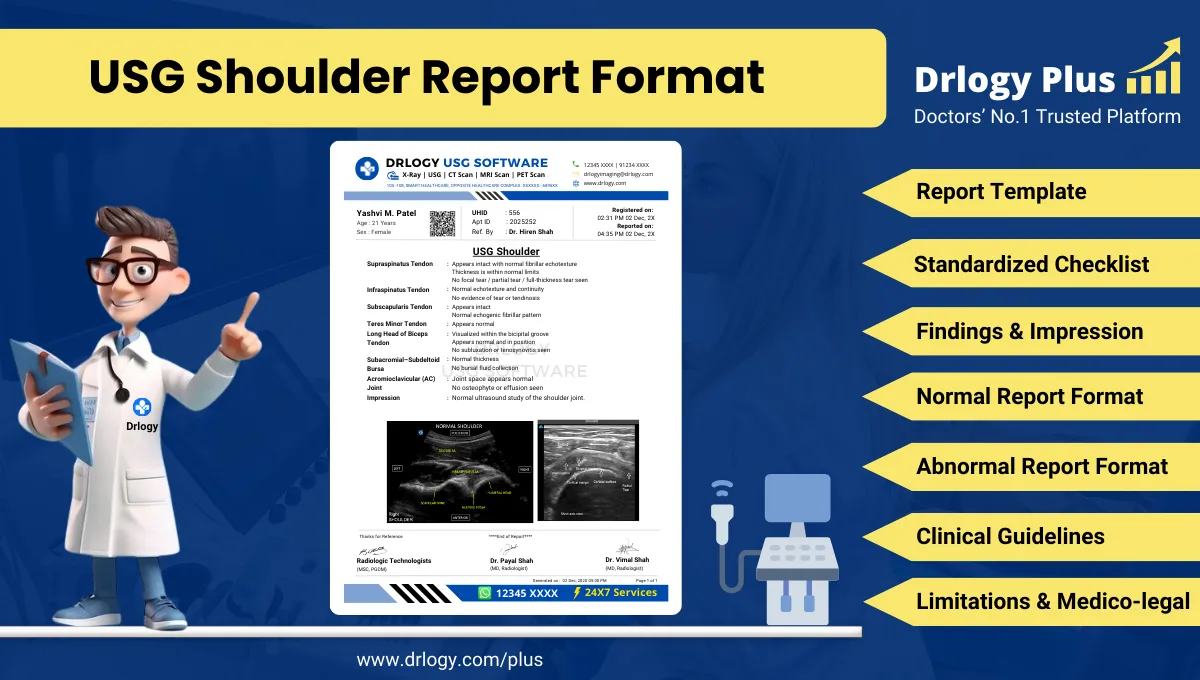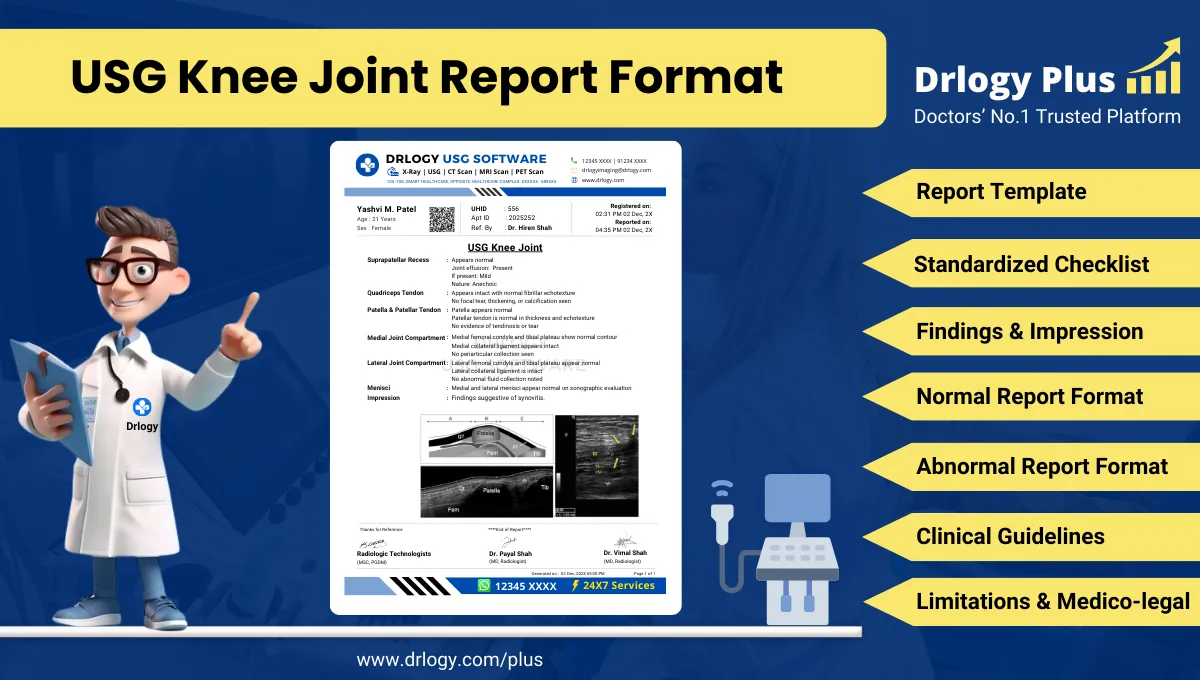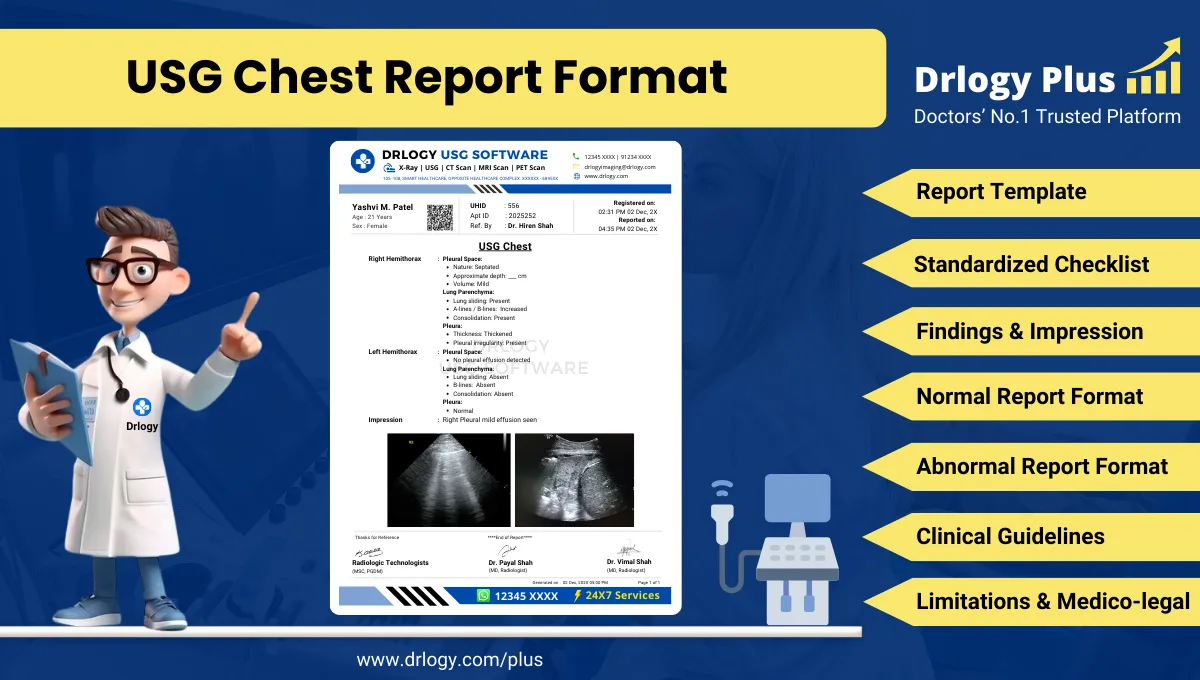

Drlogy
Healthcare organization
Patient Compliance: Fact or Fiction With Budget and Importance
Greetings, beginners, as you embark on your path of patient compliance under the guidance of Dr. Smart. In this quest, you'll uncover the importance of patients following prescribed medical advice, fostering a collaborative approach to healthcare that leads to better outcomes and improved overall health with patient care management strategies.
What is Patient Compliance?
Patient compliance, also known as medication adherence or treatment adherence, refers to the extent to which a patient follows the prescribed medical recommendations and adheres to the recommended treatment plan.
It involves taking medications as prescribed, following healthcare provider instructions, and making lifestyle modifications as advised to manage their health condition effectively. Patient compliance plays a crucial in achieving successful treatment outcomes and improving overall patient health.
Patient Compliance for Hospitals:
- Adhering to prescribed medication regimens and taking medications as scheduled.
- Following post-operative care instructions and attending follow-up appointments.
- Complying with treatment plans, including physical therapy and rehabilitation programs.
- Engaging in recommended lifestyle changes, such as dietary modifications and exercise routines.
- Following infection control measures and isolation protocols as required.
Also Check: Best AI & Cloud-Based Hospital Software For Patient Compilance
Patient Compliance for Pathology Lab:
- Ensuring timely and appropriate sample collection as instructed by healthcare providers.
- Providing accurate medical history and information relevant to the lab tests.
- Following any pre-test fasting or preparation guidelines.
- Attending scheduled lab appointments and following through with additional testing as required.
- Promptly reporting any relevant changes in health status or symptoms.
Also Check: Best AI & Cloud-Based Pathology Lab Software For Patient Compiance
Patient Compliance for Clinics:
- Attending scheduled appointments for regular check-ups and follow-up visits.
- Adhering to prescribed medications and completing the full course of treatment.
- Following the advice of healthcare providers regarding necessary lifestyle modifications.
- Participating in recommended health screenings and preventive measures.
- Communicating openly and honestly with healthcare providers about any challenges or concerns related to compliance.
Also Check: Best AI & Cloud-Based Clinic Software For Patient Compliance
Patient Compliance Budget Allocation
Please note that specific budget allocations for patient compliance may vary depending on the healthcare facility and the scope of the compliance program. However, there's a general example of a budget allocation for patient compliance.
| Patient Compliance Expenses | Budget Allocation (in INR) |
|---|---|
| Patient Education Material | 10,000 - 20,000 |
| Communication Technology | 15,000 - 25,000 |
| Reminder Systems | 5,000 - 10,000 |
| Healthcare Team Support | 30,000 - 40,000 |
| Self-Monitoring Tools | 10,000 - 15,000 |
| Family/Caregiver Engagement | 5,000 - 10,000 |
| Addressing Barriers | 20,000 - 30,000 |
| Follow-up Appointments | 15,000 - 25,000 |
| Miscellaneous Expenses | 5,000 - 10,000 |
| Total Budget | 115,000 - 185,000 |
Please keep in mind that these numbers are just estimates and can vary depending on the specific requirements and scale of the patient compliance program.
Here's the breakdown of the patient compliance budget allocation with strategyeas for each category:
Patient Education Material (10,000 - 20,000 INR):
- Develop informative brochures, pamphlets, and posters about treatment plans and medication guidelines.
- Create patient-friendly educational videos or animations to explain complex medical concepts.
- Organize workshops or seminars to provide in-person education and address patients' questions.
Communication Technology (15,000 - 25,000 INR):
- Invest in a patient portal or mobile app to facilitate easy communication between patients and healthcare providers.
- Implement SMS or email reminders for medication schedules, appointments, and follow-ups.
- Offer telemedicine services to enhance remote communication and consultations.
Reminder Systems (5,000 - 10,000 INR):
- Provide patients with medication organizers or pillboxes to help them organize and remember their medications.
- Use automated phone call reminders to alert patients about upcoming appointments.
- Utilize digital health apps that send push notifications for timely medication intake.
Healthcare Team Support (30,000 - 40,000 INR):
- Organize training sessions for healthcare professionals on patient engagement and communication skills.
- Employ a patient navigator or coordinator to provide personalized support and guidance.
- Conduct regular team meetings to discuss patient cases and share best practices for improving compliance.
Self-Monitoring Tools (10,000 - 15,000 INR):
- Offer wearable devices or smartphone apps to help patients track their vital signs, exercise, and progress.
- Provide glucometers, blood pressure monitors, or other home testing kits for better disease management.
- Implement online health journals or diaries for patients to record their daily health activities.
Family/Caregiver Engagement (5,000 - 10,000 INR):
- Conduct family education sessions to involve caregivers in the treatment plan and encourage support.
- Share educational materials with family members to enhance their understanding of the patient's condition.
- Organize support groups to connect patients and their families, fostering a sense of community.
Addressing Barriers (20,000 - 30,000 INR):
- Conduct patient surveys or interviews toentify common barriers to compliance and address them proactively.
- Provide financial assistance or discounts on medications for patients facing economic challenges.
- Collaborate with transportation services to offer affordable or free transportation to healthcare appointments.
Follow-up Appointments (15,000 - 25,000 INR):
- Schedule regular follow-up visits to monitor patient progress and make necessary adjustments to treatment.
- Use telehealth services for follow-up consultations, especially for patients with mobility issues.
- Implement reminder systems for follow-up appointments to reduce no-show rates.
Miscellaneous Expenses (5,000 - 10,000 INR):
- Allocate a small budget for unexpected patient support needs or emerging compliance strategies.
- Consider investing in patient satisfaction surveys to gather feedback and improve compliance initiatives.
- Support community outreach programs to promote compliance awareness and education.
Total Budget (115,000 - 185,000 INR):
- Plan a flexible budget allocation that allows adjustments based on the specific needs and effectiveness of each strategy.
- Monitor the impact of these initiatives regularly and reallocate resources to prioritize the most successful approaches.
10 Patient Complianceeas in Healthcare
Here are 10 maineas related to patient compliance presented below.
| Patient Complianceeas | Description |
|---|---|
| Educate and Empower | Provide patients with information and resources to understand their treatment and actively participate in their care. |
| Clear Communication | Establish open and transparent communication between patients and healthcare providers to address concerns and ensure understanding. |
| Simplify Treatment Regimens | Design treatment plans that are easy to follow and integrate into patients' daily routines. |
| Personalized Approach | Tailor treatment strategies to individual patient needs and preferences for better adherence. |
| Reminders and Alerts | Implement reminder systems, such as mobile apps or notifications, to prompt patients to take medications or attend appointments. |
| Encourage Self-Monitoring | Promote self-monitoring of health parameters, encouraging patients to track progress and take responsibility for their well-being. |
| Support from Healthcare Team | Offer ongoing support and encouragement from healthcare professionals to motivate patients to stay compliant. |
| Involve Family and Caregivers | Engage family members and caregivers to provide a support system that can reinforce patient compliance. |
| Address Barriers | Identify and address barriers to compliance, such as cost, side effects, or transportation issues. |
| Regular Follow-ups | Schedule regular follow-up appointments to monitor progress and make any necessary adjustments to the treatment plan. |
Theseeas can help improve patient compliance and contribute to better treatment outcomes and overall patient satisfaction.
10 Main Importance Of Patient Compliance
Here are 10 Main Importance Of Patient Compliance.
- Patient safety: Compliance with prescribed treatments and medications reduces the risk of adverse reactions and medical complications.
- Effective treatment outcomes: Improved adherence leads to better treatment results and faster recovery.
- Disease management: Patient compliance plays a vital in managing chronic conditions and preventing disease progression.
- Cost-effectiveness: Better compliance can reduce the need for hospitalizations and medical interventions, saving healthcare costs.
- Reduced healthcare burden: Improved compliance lessens the burden on healthcare facilities and resources.
- Prevention of drug resistance: Following prescribed treatment regimens helps prevent the development of drug-resistant infections.
- Enhanced patient-provider relationship: Trust and communication between patients and healthcare providers improve with better adherence.
- Optimal medication efficacy: Medications work as intended when taken as prescribed, maximizing their effectiveness.
- Quality of life: Compliance leads to better symptom control and overall improved quality of life for patients.
- Public health impact: Higher patient compliance contributes to better disease control on a population level, reducing the spread of infectious diseases.
Patient Care Management Strategies
A 14 steps comprehensive guide to Patient Care Management Strategies for healthcare and medical advisors from scratch to explore a full medical and patient growth potential like Dr. SMART for growing and expanding patient management operations in India with detailed information.
| Patient Care | Management Strategies |
| 1. Patient Engagement | 8. Patient Followup |
| 2. Patient Education | 9. Patient Safety |
| 3. Patient Assessment | 10. Patient Experience |
| 4. Patient Counselling | 11. Patient Feedback |
| 5. Patient Services | 12. Patient Satisfaction |
| 6. Patient Management | 13. Patient Retention |
| 7. Patient Compilance | 14. Patient Growth |
Summary
Overall, patient compliance plays a vital in achieving successful treatment outcomes and fostering a stronger patient-physician relationship. By actively engaging in their healthcare journey and adhering to medical advice, patients can pave the way toward a healthier and more fulfilling life.
If you want Patient engagement growth strategies or want to expand your medical practice, Drlogy will give you A to Z solutions to patient care practice growth strategies on 14 blog solutions of patient care management strategies. Please visit Drlogy series to get all your answers.
FAQ
What is patient compliance in healthcare, and why is it important?
Patient compliance refers to a patient's adherence to healthcare provider's recommendations and treatment plans.
- It is crucial for achieving positive health outcomes and effectively managing chronic conditions.
- Compliant patients are more likely to experience improved symptom management and overall well-being.
- Non-compliance can lead to treatment failure, disease progression, and increased healthcare costs.
How can healthcare providers encourage patient compliance?
- Offer clear and understandable explanations of treatment plans and the importance of adherence.
- Involve patients in shared decision-making and address their concerns or barriers to compliance.
- Provide reminders and follow-up appointments to track progress and support patient commitment.
- Utilize patient education materials and resources to empower patients in self-management.
What are the consequences of patient non-compliance?
- Non-compliance may result in worsening health conditions and increased risk of complications.
- It can lead to frequent hospital readmissions, placing additional burden on healthcare resources.
- Non-compliant patients may experience reduced quality of life and diminished treatment efficacy.
- Addressing non-compliance is essential for ensuring optimal patient outcomes and healthcare efficiency.




